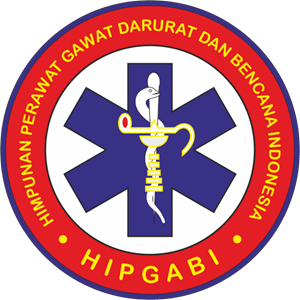The Effect of Health Education With Educational Video on Knowledge and Attitude of Community About Basic Life Support
Downloads
Introduction: Quick and appropriate help when met an unconscious person is important to providing Basic Life Support (BLS). Knowledge and Attitude about BLS are very important in order to provide quick assistance of cardiac arrest. The purpose of this study was to analyze the effect of providing health education with video on people's knowledge and Attitude about BLS.
Methods: The study used a quasy-experimental design by intervening in a group and then observed. This research was conducted on the community who became Kader in Perak, Surabaya. Total sample of 64 respondents obtained through total sampling technique. The independent variable is video-based health education. Dependent variable is knowledge and attitude about BLS. Data were collected using a questionnaire and analyzed by the Wilcoxon sign test and Mann whitney u test with a significance of p < 0.05.
Results: The results showed an increase in knowledge and Attitude in the intervention group after being given educational videos with (p = 0.001) and Attitude with (p = 0.006). The results of the test with Mann Whitney showed that there was an average difference between the intervention group and the control group with significant results in knowledge (p=0.000), attitude (p=0.000).
Conclusion: To improve people's knowledge about basic life support can be obtained from electronic media regarding knowledge about basic life support. It is hoped that it can provide knowledge of basic life support and can apply or assist in life-threatening emergencies in the home environment. It is hoped that the results of this research can be used as a reference for further research by adding other variables and before the research, researchers are expected to prepare research instruments according to the standards of the instruments that will be used, such as: phantom CPR according to standards.
Copyright (c) 2024 Sriyono Sriyono, Hakim Zulkarnain, Wendi Genta Perkasa

This work is licensed under a Creative Commons Attribution 4.0 International License.
1. The journal allows the author to hold the copyright of the article without restrictions.
2. The journal allows the author(s) to retain publishing rights without restrictions.
3. The legal formal aspect of journal publication accessibility refers to Creative Commons Attribution (CC BY).

















